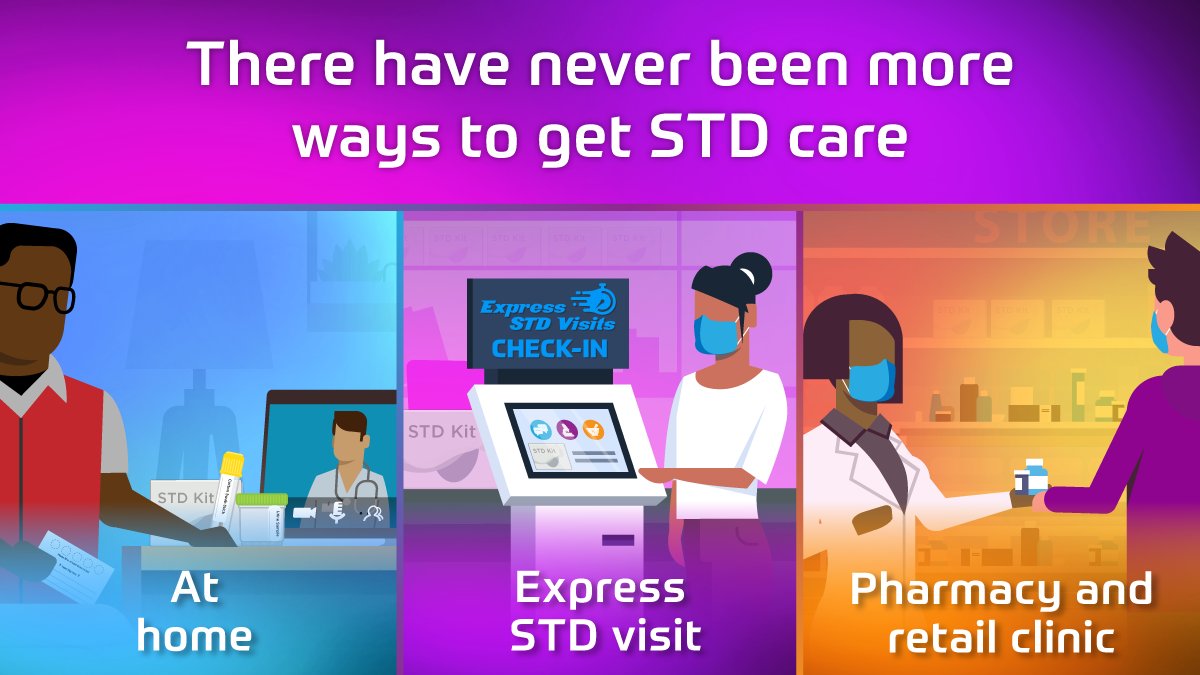Sexually Transmitted Diseases
 Sexually Transmitted Diseases (STDs) are any infections spread through sexual contact (vaginal/anal/oral sex and sometimes skin-to skin) that cause infections of the genitals, mouth and rectum. STDs will not go away on their own, and you must see a healthcare provider for treatment.
Sexually Transmitted Diseases (STDs) are any infections spread through sexual contact (vaginal/anal/oral sex and sometimes skin-to skin) that cause infections of the genitals, mouth and rectum. STDs will not go away on their own, and you must see a healthcare provider for treatment.
Sexually transmitted diseases (STDs), also known as sexually transmitted infections or STIs, are very common. Millions of new infections occur every year in the United States. In Washoe County, reported chlamydia, gonorrhea and syphilis cases are increasing! Infections are increasing among men who have sex with men. Women are also getting syphilis and cases have been passed to babies.
STDs are passed from one person to another through sexual activity including vaginal, oral, and anal sex. They can also be passed from one person to another through intimate physical contact. Women can pass STDs on to babies during pregnancy and during delivery.
STDs don’t always cause symptoms or may only cause mild symptoms, so it is possible to have an infection and not know it. That is why it is important to get tested if you are having sex. If you are diagnosed with an STD, know that all can be treated with medicine and some can be cured entirely. People who have STDs and do not seek treatment are at least 3-to-5 times more likely to acquire Human Immunodeficiency Virus (HIV).
STDs are preventable. If you have sex, know how to protect yourself and your sexual partner from STDs. Partner services are offered to individuals with STDs, to their partners, and to other persons who are at increased risk for getting a STD. The goal of Partner Services is to prevent transmission of these diseases and to reduce experiencing complications.
HIV is a virus that reduces the bodies’ ability to fight off disease by attacking the immune system. Currently, there is no cure for HIV. With a commitment to HIV medication and care, a person living with HIV can reduce, and even eliminate, their chances of transmitting HIV to someone else. If HIV is not treated promptly or consistently, it can eventually lead to Stage 3 HIV infections, traditionally called Acquired Immune Deficiency Syndrome (AIDS). New strategies, such as Pre-exposure Prophylaxis (PrEP), are available for people that are HIV negative, to reduce their risk of acquiring HIV. Check out the Center for Disease Control & Prevention's (CDC) HIV Risk Reduction Tool. Enter info about your sex experiences and drug use to see info on your HIV risk and how to lower that risk! Get additional information on your risk for acquiring HIV/AIDS. Please see additional information in Clinical Services.
Last modified on 08/15/2023
Let’s Stay in Touch
Sign up for our newsletter
